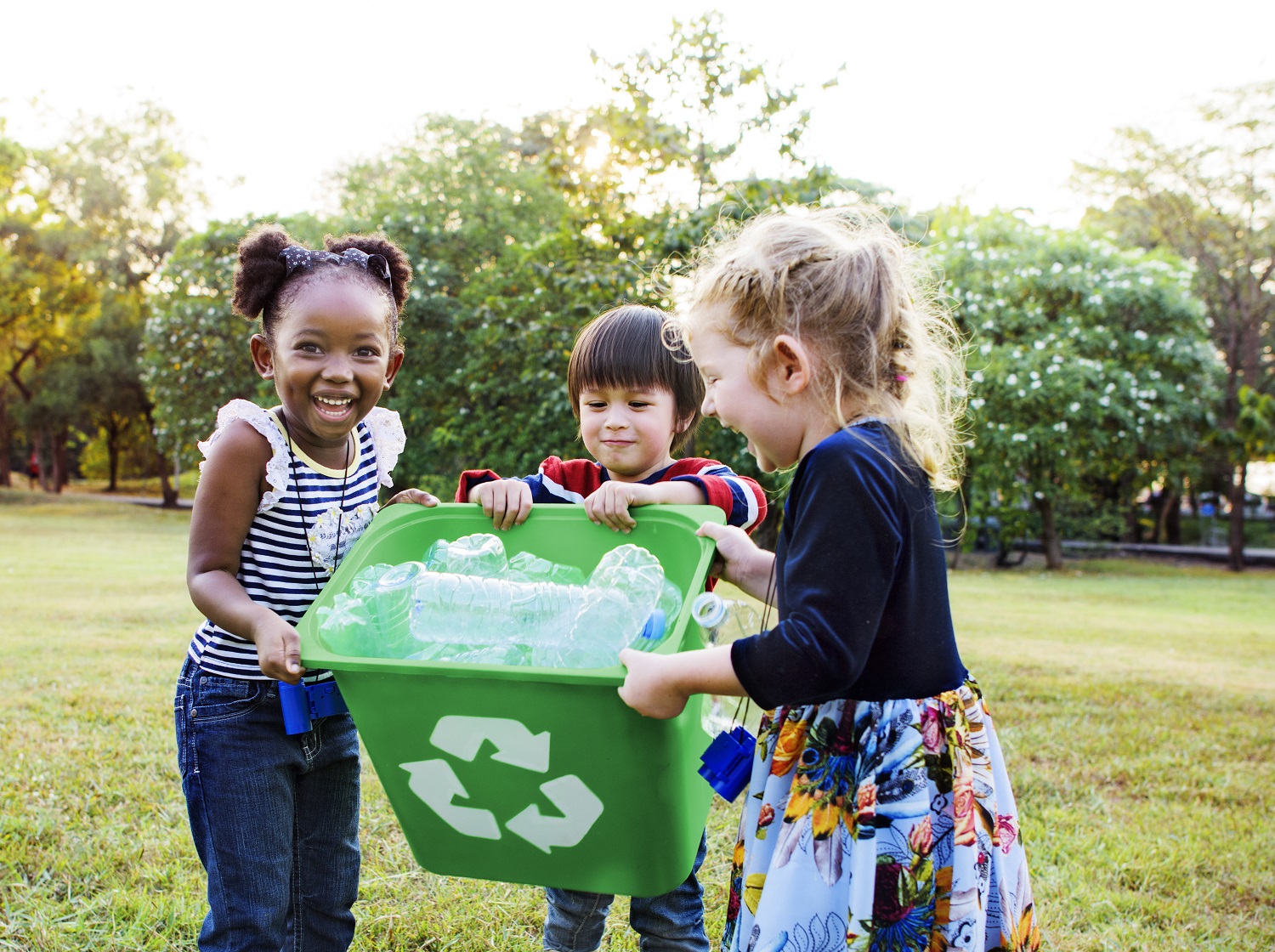What you Can and Can’t Recycle
There’s always a common misconception that recycling is too confusing to do effectively. With all the information that is out there, it is not fair to blame people for getting too overwhelmed. If you are overwhelmed too, there is no need to panic. Recycling is by no means an easy task at first glance, but, with the right information, you’ll be a pro in no time at all. Here, we’ll go over some common recycling misconceptions that may help you feel a bit more comfortable with recycling.
This is one is certainly less of an issue nowadays, what with groceries hounding you to bring your own reusable bags. Nonetheless, some people still get this confused. You see, you can’t just throw all plastics in the recycling bin and call it a day. All plastic products have a number located on the bottom or sides of the product. This number indicates the type of plastic that the product is made of, with 3, 6, and 7 generally being considered the “unrecyclable plastics”, such as plastic food wrappers, bubble wrap, and other food containers. In the case of plastic bags, they are often made of high-density polyethylene (HDPE) or low-density polyethylene (LDPE), aka number 2 or 4 respectively. Some recycling plants may not be able to process certain plastics. Plastic grocery bags are the poster child of this idea. All forms of plastic film are so light-weight and pliable that they can often just blow away or get caught in machinery that sorts recyclables at the recycling plants. As such, there are specific locations where plastic film must be brought in order to dispose of it properly. Please visit this website to find out the nearest location to you that accepts plastic film.
A classic. The age-old question: if it’s made of cardboard, why can’t we recycle it? Well, food contamination is a huge roadblock for recycling. With pizza boxes, the grease from the pizza is absorbed by the cardboard, making it unable to be repurposed into a recycled product.
However, there is still a way to salvage a large portion of the pizza box. Although it’s a tedious process, the correct way to recycle pizza boxes is to cut off all uncontaminated parts of the box, and dispose of the contaminated ones as normal waste. Finally, unpack any folds on the sides of the box and place in the recycling bin.
Fact: anything with plastic in the name will be a controversial topic of discussion when it comes to recycling. Yes, they do have plastic in the name, but what the manufacturers don’t tell you is that these little plastic forks and knives are WAY too small to be sorted by the machinery at recycling plants. So, what’s the be-all-end-all solution?
Simply do not use them.
It’s so much easier to just not use plastic utensils. When you go to a fast-food restaurant or whenever you order takeout, be sure to ask the cashier for them NOT to put plastic utensils in your bag. Alternatively, you can carry your own metal or wooden reusable utensils to prevent any further plastic consumption. Also, as an additional bonus, you don’t have to deal with using a flimsy utensil ever again.
Same deal here. Paper in the name: not recyclable. Horribly labeled. But first: a brief synopsis of biodegradation. Biodegradation is the process of a material being broken down by bacteria and reincorporated into the surrounding environment. For example, an apple core biodegrades in just two months. On the other hand, toilet paper has a biodegradation time that lasts 1-3 years. This is nothing compared to plastic’s massive 500 year-long biodegradation time. Nonetheless, 1 to 3 years is still a long time. That’s 1 to 3 years spent drifting around in our sewers. However, it does EVENTUALLY biodegrade, so toilet paper gets a pass. Now, paper towels, on the other hand, have a much faster biodegradation time of only 2-4 weeks. HOWEVER, hand towels should be preferred in almost EVERY circumstance, given that the process of a paper towel biodegrading releases CO2 into our environment, mind you not much (only 0.06lbs of it to be exact), but, over a long enough period of time, it will grow to a point where it is a real threat to our environment.
Yes, those plastic garbage bags are indeed unable to be recycled. It’s not something we tend to think about, given that we’ve been treating them as trash for years on end. In reality, garbage bags are identical to any other form of plastic. Garbage bags take hundreds of years to break down, and, in addition, the process of a garbage bag breaking down releases microplastics, which can pollute groundwater and oceans alike.
It is necessary that, with all of the trash that we produce, we must stop using trash bags in favor of more environmentally friendly alternatives. The most effective alternative is simply to not use a trash bag at all, and instead opt for a bin that can be washed and cleaned whenever you take it out. Other alternatives include biodegradable trash bags, compostable trash bags, or paper bags.
As we continue to add to our recycling information repertoire, our carbon footprint continually decreases. Every switch to an environmentally friendly alternative MATTERS. Remember, every little choice eventually makes a big impact. In the end, corporations still leave the highest carbon footprint, but this does not mean we simply shouldn’t recycle. If anything, we should be pushing more and more people to recycle in order to set a positive example for future generations.


